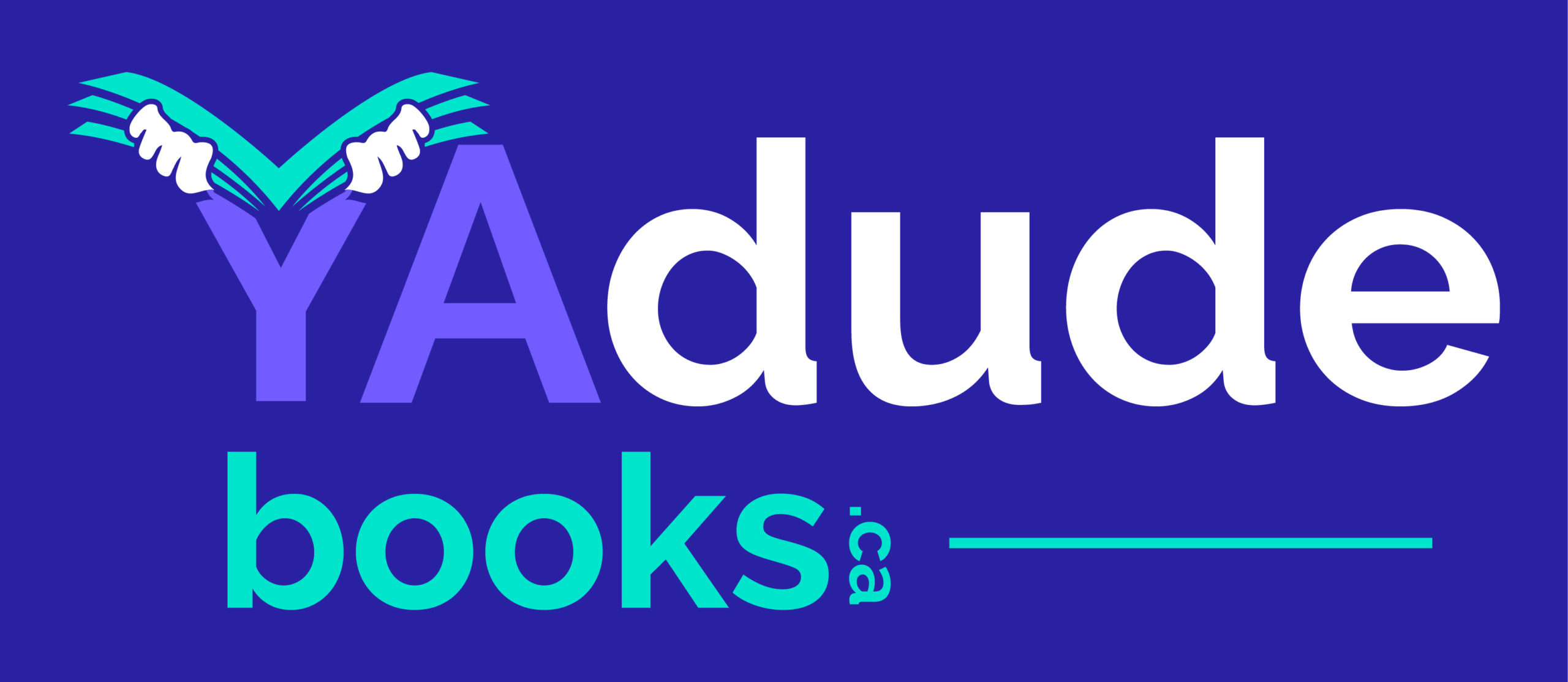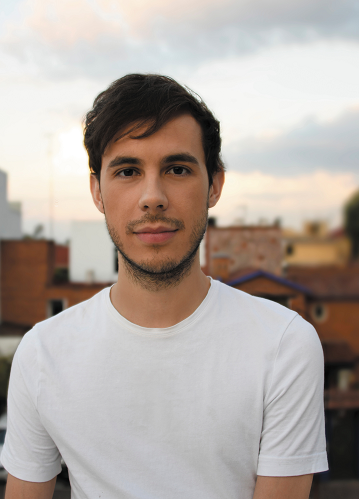Daniel Aleman is the Mexican-born author of Indivisible (Little, Brown Books for Young Readers, 2021), which follows the journey of a Mexican-American teenage boy whose undocumented immigrant parents are deported to Mexico. It won the 2022 Tomás Rivera Children’s Book Award and was named a Top LGBTQ+ Book of Spring 2021 by Buzzfeed.
Daniel’s second novel, Brighter Than the Sun (Little, Brown Books for Young Readers, 2023), features a teen girl tackling themes of immigration, identity, family and growing up too quickly.
The youngest of three children, Daniel was born and raised in Mexico City before his family immigrated to the US. He went on to study marketing at McGill University in Canada, and then settled in Toronto, where he spent two years working in advertising.
As a small child, Aleman was a storyteller who loved drawing images and telling his mother the story behind each one. At age seven, he began creating short stories, and went on to writing full novels a few years later.
Daniel admires stories that feel “emotional, honest and easily accessible.” He cites authors Jodi Picoult, Angie Thomas and Suzanne Collins as inspirations and also admires Adam Sass, Jeff Zenter, Yamile Saied Mendez, Angie Thomas, Julian Winters, Kelly Loy Gilbert and John Green.
He can be found at https://www.danielaleman.com/ and @Dan_Aleman.
Two outtakes we like from Brighter Than the Sun:
Sol: “Whenever I’m in the US, my heart is in Mexico. And when I’m in Mexico, my head is in the US. I’ve never been able to be in a single place fully.”
Sol’s grandmother: “Change gives as much as it takes, and it can open doors you never even knew existed. And that is a wonderful thing… Because without change, we can’t grow. Without change, we can’t gain perspective. And without change, it’s impossible to see that the bad times only give place to the good, and that nothing worth having in life is permanent.”
Q: What age were you when you left your home country of Mexico, and how did that impact your choosing to write for young adults – and about the immigration experience?
A: I was 17 years old when my family left Mexico to settle in the US, which was an experience that has deeply influenced my decision to write books about immigration for young audiences. As teenagers, we are at a stage of our lives where we’re figuring out who we are and how we see the world – and, to me, leaving my home country as I grappled with those questions was something that impacted me in enormous ways. That’s probably why I’m so drawn to stories about identity, coming of age and existing at the intersection of different countries and cultures.
Q: In Brighter Than the Sun, Sol states, “Sometimes, trouble does come looking for kids who are feeling a little lost, who aren’t quite sure where they fit in, who are looking for a place to belong.” Is that a reflection on where you were as a teen, and what do you hope to offer readers with such reflections?
A: I’d say it could have been a reflection of me as a teen, had I not been able to access all the literature I devoured as a teenager. In many ways, reading and writing books was something that offered comfort, joy, and inspiration when I needed it. My hope is that readers who need a similar escape – or who want to see themselves and their identities reflected in literature – will be able to access my books, and perhaps feel a little less alone after reading them.
Q: Talk about writing in a male point of view in your first book, and a female point of view in the second.
A: With my first book, I set out to write a character that was as similar to me as possible. Mateo, the protagonist of Indivisible, is a very close reflection of who I was as a teenager. As I shifted my focus to work on my second novel, I wanted to craft a character that also mirrored my identity and personality, but who had an entirely different and unique voice. Through the character of Sol, I was able to do just that. She came into my head fully formed – I knew from the very start that she needed to be the focus of Brighter Than the Sun, and she was a character that I truly enjoyed getting to know.
Q: You had four manuscripts rejected before you were published, but you’ve said that “rejections helped shape me into the writer I am today.”
A: Rejection is, unfortunately, an inevitable part of the publishing process, but I definitely think that there’s a lot to learn from it. As writers, we have to be willing to learn, improve and try again. It was through this process of listening to feedback, working on my craft and focusing on growing as a storyteller that I obtained the skills necessary to eventually get published.
Q: Tell us why you like to feature queer characters dealing with issues that don’t necessarily center on their queerness.
A: I think books that center queerness will always be deeply important and relevant. But I feel that, equally as important, are those books that don’t center queerness, and merely show it as a fact of life. Particularly in my first book, my intention was to write about a gay character who has found love and acceptance in his community after coming out – and who has other problems, aspirations and objectives that are entirely unrelated to his sexual orientation. To me, this feels like an accurate representation of who I am as a queer person. Though my sexual orientation is an important part of my identity, and it shapes the way I move through the world, it is not the only thing that makes me who I am. I am also Mexican, and an immigrant, and a book lover, and so many other things. My hope is to write about characters that emulate the real-life complexity of being queer.
Q: Rumor has it that your third book is going to be a departure from the first two. Will it still be young-adult, and what more can you tell us — or where do you want your career to take you?
A: I so desperately wish I could share all the details about my next book, but for now, what I can say is: This will be an adult project, it is set in New York City, and it is my favorite thing I’ve ever written. It is many things: funny and sad, thrilling and intimate, personal and relatable. I still don’t know where this book will take me, but I’m most definitely hoping to grow in the adult space, while also continuing to tell stories for teenagers.
-Pam Withers

